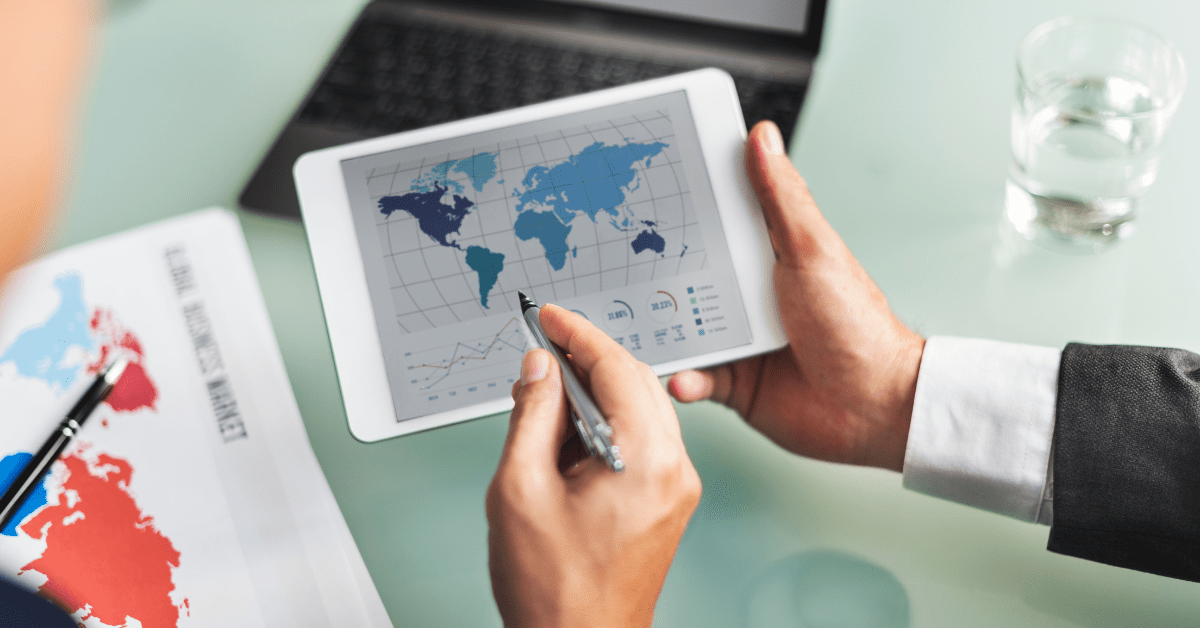As one of the fastest-growing economies in the world, Dubai is an important player in the global trade market. Its strategic location at the crossroads of Asia, Europe, and Africa has made it a hub for international trade, with a significant amount of goods passing through its ports and airports.
However, with the abundance of trade comes the need for regulation, leading to strict import and export regulations to ensure a smooth flow of goods while also protecting the interests of businesses and consumers.
Import and Export Regulations in Dubai can be complex, with various rules and procedures that must be followed to successfully import or export goods. These regulations cover a wide range of products and industries, including food and beverage, electronics, textiles, and more.
Failure to comply with these regulations can result in severe penalties, including fines, the seizure of goods, and even criminal prosecution.
To provide greater clarity and understanding of these regulations, this blog will explore the various import and export regulations in Dubai. We will examine the procedures and regulations required for importing and exporting goods to and from Dubai, along with the documentation and licensing requirements that must be met.
Import and Export Procedures in UAE

To import goods into the UAE, one must first obtain a trade license from the Department of Economic Development (DED) of the respective emirate. Foreign-based companies can establish a physical presence in the region or engage a UAE national through a sponsor, agent, or distributor to facilitate mainland-based business operations. Trade licenses obtained within the Free Trade Zone can also be utilized for importing goods into the zone.
Documents Required for Import in UAE
The importation of goods into the UAE necessitates several documents, including a commercial invoice and a Chamber of Commerce-approved certificate of origin from the exporting country. A detailed packing list that includes each item’s weight, packing method, and HS code is also required. Items categorized as restricted goods require an import permit from relevant agencies, while products for human consumption require certification of the product’s fitness. Dubai imports food products and requires an additional Halal slaughter certificate. A bill of entry or airway bill is mandatory to facilitate customs clearance.
Verification Process
All import documentation must undergo a verification process facilitated by Akin Gump Strauss Hauer & Feld LLP, the UAE Embassy’s sole verification agent. After successful verification, companies can proceed with customs clearance, which regulates and controls goods at airports, seaports, and border posts to ensure the smooth movement of items to and from the country.
Export Control List
Some items in the UAE import products list list require additional import authorizations. Regulatory requirements also mandate that nuclear-related products require licensure from the Federal Authority for Nuclear Regulation (FANR).
Importance of Compliance
Compliance with UAE customs rules and having all the necessary documentation is crucial for the seamless import and export of goods. By adhering to established standards, businesses can avoid disruptions and reap the full benefits of importing or exporting goods to and from the UAE.

UAE Customs Law
The United Arab Emirates (UAE) boasts a comprehensive customs law that heavily regulates the country’s import and export of goods. The Federal Customs Authority has the authority to set the overall customs policies for the country, while each emirate has its own customs authorities that enforce these policies. Customs checkpoints can be found at airports, seaports, and land borders.
To clarify, any goods that are intended for use within the UAE’s mainland are to be subject to duties as dictated by the GCC’s Common Customs Law. However, any goods that are intended for Free Trade Zones (FTZs) are exempt from the standard duties.
For companies to successfully import goods into the UAE, they must first receive the proper trade license from the Department of Economic Development (DED) of their respective Emirate. Foreign companies who wish to do business on the UAE’s mainland must either establish a physical presence within the UAE or appoint a UAE national as their sponsor, agent, or distributor to represent them.
It should be noted that the majority of imported items into the UAE are subject to a 5% customs duty. However, for alcohol imports, a 50% duty applies. Additionally, certain goods may also be subject to excise taxes. Overall, companies must be familiar with these customs laws when planning to import or export goods into the UAE.
Dubai Customs Prohibited Items
If you’re planning to import or export goods to or from the UAE, it’s crucial to be aware of the list of prohibited and restricted items set by Dubai Customs. Prohibited items are those that are strictly forbidden to be imported or exported following the Common Customs Law, or any other relevant regulation or law in the UAE. Restricted items, on the other hand, are those that can only be released for import or export upon receiving approval from the competent authority, as per the provisions of the Common Customs Law or other relevant regulations.
The list of prohibited items includes weapons, explosives, fireworks, and narcotic drugs. Meanwhile, certain items fall under the restrictions imposed by different Ministries, such as the import and export of live animals, plants, fertilizers, insecticides, pharmaceutical products, and medical/surgical instruments and machines. It’s worth noting that Dubai Airport also has a list of banned items that cannot be carried in hand luggage, including hammers, nails, drills, sharp tools, and scissors.
The UAE is known for having a strict policy when it comes to the import of banned items. The relevant authorities are responsible for overseeing the importation of goods categories that they regulate. Import permits are also necessary for some items such as pets, live animals, birds, ornamental fish, plants, animal products or wastes, semen, and embryos. To avoid any issues during import or export, it’s crucial to check the official Dubai Customs website for the latest information on prohibited and restricted items.
UAE Import Duty Calculator
To learn the Import and Export Regulations in Dubai ), it is wise to utilize an import duty calculator to estimate the customs charges that you need to cover. Luckily, various online tools can assist you in calculating the import duties and taxes for your shipment. Here are some popular import duty calculators available for the UAE:
Easyship is a free online tool that lets you estimate tax and duties when shipping from the United States to the UAE based on shipment weight, product type, and value.
Simply Duty is a web-based calculator that covers over 100 destinations worldwide and lets you compute import duty and taxes for your shipment. While you are allowed to use this tool free of charge every day, you would need to upgrade if you require more than five calculations per day.
Trade.gov is home to the Customs Info Database tariff lookup tool that can help estimate import duties and taxes. To get official UAE resources, ensure you visit the Federal Customs Authority website and check the UAE Unified Customs Tariff guide.
Freightos is another import duty calculator that is free. It allows you to calculate customs charge estimates for import duties, and the product’s HS code partially determines customs duties.
While these online tools can give an estimated value of the customs charges that you may incur, keep in mind that the customs authority determines the actual rate of duty imposed on your shipment. Ensure you consult a qualified customs broker for professional advice and to determine whether your goods are affected by import tariffs.
Import and Export Regulations in Dubai – Final Words
Businesses need to be aware of the import and export regulations in Dubai to ensure smooth trade operations. Complying with these regulations not only avoids any legal issues but also helps to maintain a positive business reputation. With the constant changes in the regulations, businesses should stay updated and seek guidance from the relevant authorities.
Moreover, businesses should also ensure the proper documentation and licensing required for import and export activities. Partnering with an experienced logistics provider can help in managing the requirements and navigating the complexities of importing and exporting goods in Dubai.
Whether you are a seasoned importer/exporter or just starting, it is always wise to consult with knowledgeable professionals who can guide you through the often complex and ever-changing landscape of trade regulations. So if you have any questions or concerns about importing or exporting goods in Dubai, don’t hesitate to reach out to our industry experts for assistance. We can provide you with valuable insights, resources, and support to help you navigate the regulations and achieve your business goals.
Leave a Reply
Your email address will not be published. Required fields are marked *

